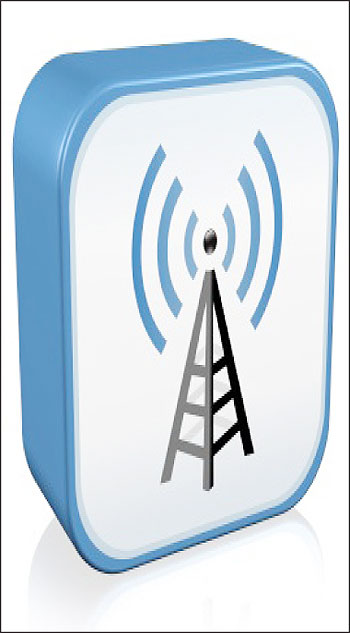As we progress, so do the number of problems we face! It is difficult to imagine just a mere 20 years ago, the Internet was nothing more than an innovation a way for incredibly smart college professors and researchers to share information, and for a few people to network across the newly developed World Wide Web. E-mail was nothing like it is today. The primitive e-mail systems found at universities or even through accounts offered with the first Internet service providers (ISPs were often difficult to use. Moving on to 2009 and things have changed significantly. Back in the day, you paid for Internet access by the minute. That’s not the case anymore.


As we progress, so do the number of problems we face! It is difficult to imagine just a mere 20 years ago, the Internet was nothing more than an innovation a way for incredibly smart college professors and researchers to share information, and for a few people to network across the newly developed World Wide Web. E-mail was nothing like it is today. The primitive e-mail systems found at universities or even through accounts offered with the first Internet service providers (ISPs were often difficult to use. Moving on to 2009 and things have changed significantly. Back in the day, you paid for Internet access by the minute. That’s not the case anymore.
Like virtually every technology, changes occur quickly and often for the better. On top of that, the technology becomes cheaper and easier to use. The Internet has certainly gone through this transformation. The most recent advance in digital communication is wireless internet or WiFi. Found in coffee shops, libraries and airports throughout the world, WiFi has made using the Internet almost as common as using your cellular phone which in it is technology that exploded over the past decade. Unfortunately, unsavoury activities inevitably find a way to enter even the most benign settings like the Internet.
Did you know that, as are you’re reading this story, someone might be piggy backing or using your WiFi without your permission and you may want to learn how to find out if it’s true? When wireless squatters steal your WiFi, they slow down your bandwidth and what’s worse; they can even steal information off your computer or infect machines on your network with a virus. Don’t get scared, maybe this is the article that you have been waiting for to give you the ammunition to fight back. Let’s begin by taking a quick look at what makes up your WiFi network so you can prepare yourself to take control of the Internet connection you pay for.
Before you can detect if someone is ripping off your wireless Internet connection, it’s important to understand some basic computer networking lingo. In out article on how WiFi works, we detailed on how a WiFi is set up and so, we shall skip that for now. Let u s look at a few of the areas in a wireless network that will give you a baseline for determining if your WiFi signal is being tapped unexpectedly. A wireless network is comprised of a broadband Internet connection from a DSL, cable or satellite modem. You attach the modem to the wireless router, which distributes the signal and creates a network.
There is this network that is called a local area network (LAN). This LAN is where you set up computer peripherals such as your desktop or laptop computer and printer. Your router will have what’s called a dynamic host client protocol (DHCP) table. In essence, your DHCP table is your guest list of every allowed piece of computing equipment. Each device has its own media access control (MAC) address. Think of this as its signature.
MAC addresses are assigned by the manufacturer, but can be changed by users, if they know how. Your router uses these addresses to assign each machine on your network an Internet protocol or IP address. The MAC and IP addresses of your equipment will become very handy in a moment when we look at ways to detect whether or not someone is stealing your WiFi. (To be cont’d)
eddie@afrowebs.com




